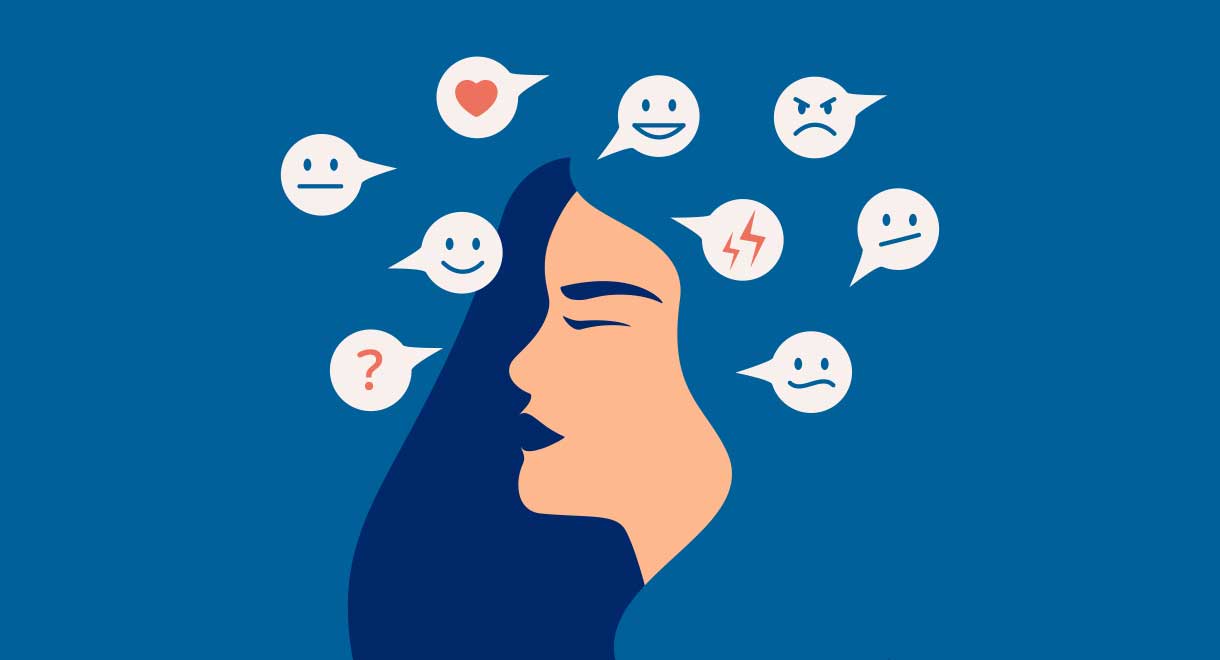Signs You May Have A Hormonal Imbalance
Hormones have become a hot topic of late as people are discovering how important they are to our overall health and wellness. Hormones are without a doubt the most powerful chemical messengers in our body. Hormones influence our mental and emotional state, immune system, sexuality, skin and hair appearance, body weight and shape, the ageing process, the menstrual cycle, fertility, and our energy levels. We could add many more hormonal influences to that list, but that’s enough for now!
Although there are many hormones in our body, some of the most important are:
- Insulin: Is produced by the pancreas and regulates how our blood sugar (glucose) enters our cells for energy use. Insulin is also known as the ‘hunger hormone’ and a “fat-storing hormone”.
- Testosterone: Is the major male sex hormone that is produced in the ovaries and testes and is responsible for male sexual development. Men produce much more testosterone than women, however it is an important hormone for wellbeing in both sexes.
- Oestrogen and progesterone: Are the major female sex hormones that are produced in the ovaries and are responsible for the menstrual cycle, ovulation, fertility and pregnancy maintenance.
- Cortisol: Produced by the adrenal glands, controls inflammation and immune function.
- Adrenalin: Is released from the adrenal glands and nervous system in response to stress and is part of the “fight or flight” response.
- Melatonin: Is produced in the pineal gland and puts our brain into the sleep mode – in other words it enables us to go off to sleep quickly.
Because there is such a delicate balance of hormones, as soon as there is too much or too little of a hormone, a number of different symptoms can arise. Here are some indicators of a hormonal imbalance:
- Fatigue
If you are constantly tired, despite clocking enough hours of sleep, it could indicate a hormonal imbalance. Reducing refined carbohydrates and grain-based foods, losing weight and participating in regular exercise lowers insulin levels; lower insulin levels help to keep blood sugar levels stable and enable us to burn fat. - Restless sleep
A common side effect of a hormonal balance is insomnia. For men, it could indicate a testosterone deficiency, while in women, a deficiency of progesterone or oestrogen is often the cause. When oestrogen levels plummet at the time of menopause sleep can become problematic and the use of bio-identical hormones has been the solution for many women. Melatonin can also be very effective if you have trouble falling asleep. - Low libido
Decreased interest in sexual activity can indicate low oestrogen and/or testosterone in women and low testosterone in men. This is common for post-menopausal women, and also in men over 50 years of age or overweight men. Thankfully, testosterone and oestrogen replacement therapies are available by prescription, and the use of bio-identical hormones has proved very effective as a more natural alternative. - Night sweats and hot flushes
These two symptoms are one of the earliest signs of menopause. Night sweats and hot flushes can make life unbearable when you’re trying to sleep and often cause distress during everyday life. When going through change of life, bio-identical hormones can help make this a smooth and easy transition. - Trouble with memory and ability to concentrate
If you are having trouble remembering simple things like where you left your phone or keys, or struggle to concentrate at work, this could indicate a cortisol deficiency. If you are stressed for a long duration, your adrenal glands become fatigued and are unable to produce the right amount of cortisol. When your body is lacking in cortisol, your memory and focus can suffer. Tyrosine supplements can help increase levels of the brain hormone transmitters dopamine and adrenalin, providing more mental energy and improved memory and concentration. - Emotional struggles
Feelings of anxiety, irritability and depression can be indicators of a hormonal imbalance, especially if your levels of progesterone or testosterone are low. The use of bio-identical hormones can correct such imbalances. - Putting on unwanted weight
A lot of people who put on unwanted weight, will experience it mainly in their abdominal area. There are many hormones that can contribute to weight gain; however, the most common offenders are the hunger hormones insulin and leptin. When you have excess levels of these hormones in your body, it causes glucose to be stored as fat rather than used for energy. A fatty liver can then develop, and it becomes much harder to lose weight. A reduction in dietary carbohydrates and more exercise reduces levels of these hunger hormones; weight loss then becomes much easier.
For more information see the books titled:


Leave A Comment